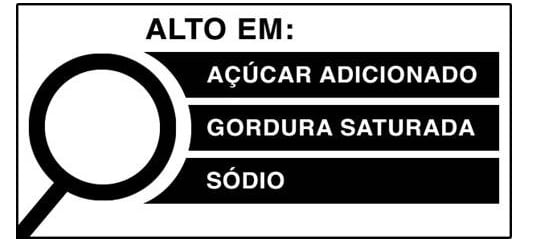The open-access archive of key Brazilian food and drink regulations since 2014 is updated daily.
Managed by Dafné Didier, director of quality and regulatory issues at Tacta Food School, the platform also provides commentary on Brazilian food legislation and gives advice on best practices for food safety and quality processes.
“Our regulatory landscape is still [being formed], with many new rules being passed each year – a challenge for existing businesses to keep labels and processes following the law," Didier told FoodNavigator-LATAM.
“There are many challenges, from correctly understanding and interpreting the legislation, to conflicts in its application by different regulatory bodies, since they haven’t standardized how auditors should interpret it,” he said.
“Another point is the huge regulatory stack, with many active norms that have no applicability and with no consolidation on themes. For example, labeling norms are spread among various laws, resolutions, ordinances, normative instructions and others, which poses a serious regulatory risk for companies.
Brazil has been on a drive to streamline the huge stack of often overlapping norms. The food safety body, ANVISA, for instance, has already completed three rounds of the so-called ‘norm guillotine’ although other regulatory bodies, including the Ministry of Agriculture and Livestock (MAPA), have been slow to follow, she said.
Didier said that while Brazil’s food system requires for both pre- and post-market inspections, a lack of auditors often means many products are not subject to periodic checks. “And it is worth mentioning that a law with no inspection has no efficacy,” he added.
Regulation versus innovation
The food industry expert believes that regulatory obstacles are responsible to a certain extent for hindering ingredient innovation and new product development in Brazil.
“We can clearly see more interest in healthy snacks and plant-based foods in general. So, food manufacturers have to come up with creative solutions that seem relatable and healthy, while accounting for lower price point expectations. [However], many food ingredients that would help achieve these goals are still not allowed and the process to approve them is quite time-consuming.”
Tacta Food School is hosting Horizonte 20 next month, a two-day industry event in Sao Paulo with conferences and workshops and on R&D, new product development and regulation.
A major focus this year will be how manufacturers must respond to recent changes in legislation, such as the proposed front-of-pack nutritional label and the ban on trans fat.
Tacta Food School runs year-long workshops and courses on regulatory support for labeling, registering new products and ingredients and implementing food safety systems such as GMP, HACCP and FSSC 22000. Previous participants include Ingredion, IFF, Duas Rodas and JBS.




